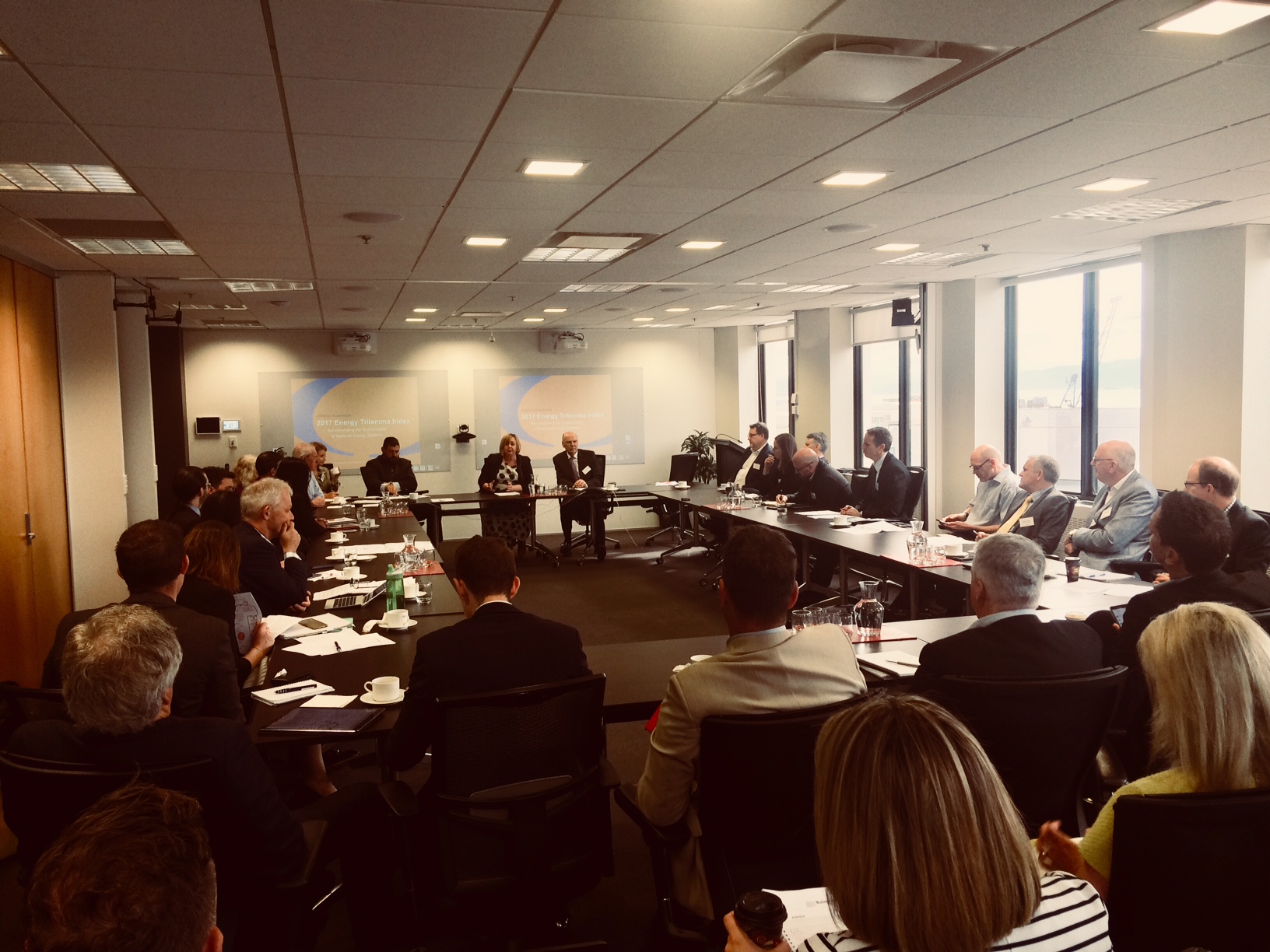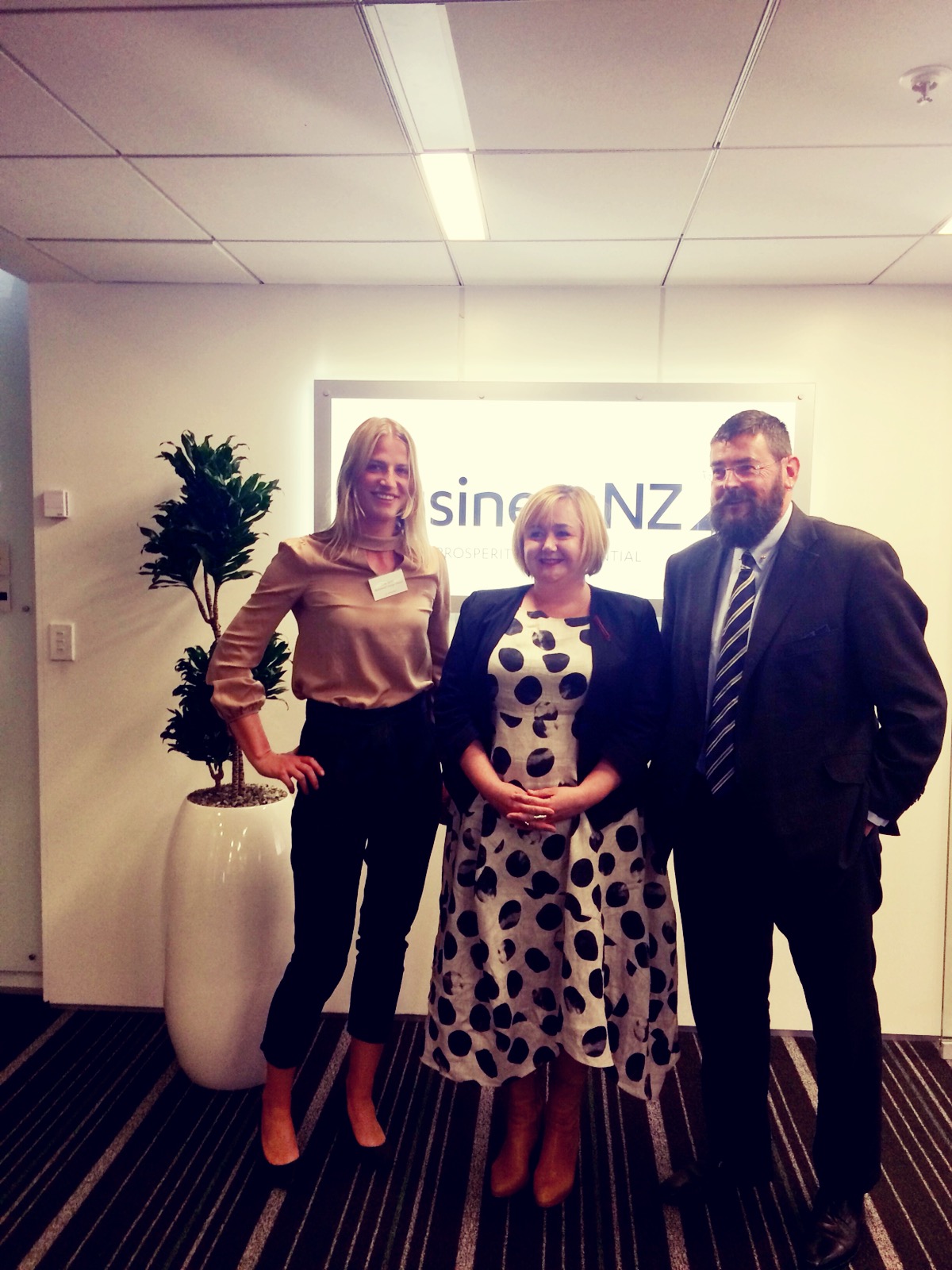Minister Woods Business New Zealand Energy Council Speech

Tena Koutou Katoa,
Thank you so much for the invitation to speak to you today.
As a newly appointed Minister, I want to take the opportunity to lay out the direction this government will be taking on energy and resources issues, and the role we see this sector playing in the future of our country.
For us, the starting point is our 100 day plan and our coalition and confidence and supply agreements, alongside Labour’s manifesto and our fiscal plan. These are the founding documents of our Government. Perhaps not as auspicious as the Treaty of Waitangi or the Magna Carta, but founding documents nevertheless.
The initial priorities outlined in these plans include our Retail Pricing Review for Electricity, a review into fuel pricing, our Winter Power Payments, and insulation and heat source grants to support the healthy homes guarantee.
More broadly, our government wants to see an energy system for New Zealand that is secure, sustainable and affordable.
We want to help maximise the energy and resources sector’s contribution to our economic and social wellbeing, and help drive more sustainable energy use for the future.
Our approach to these issues will be part of our broader vision for the country.
This Government’s vision for New Zealand is simple – we want to build a better New Zealand for all our people. Amongst other things, that means:
- a diverse, sustainable economy focused on high-tech, knowledge intensive industries,
- a rich and protected environment – one where economic growth is not at the expense of our environment
Our Government sees energy as an enabling force in our economy, it impacts on everything we want to do.
As a new Minister, I’ve spent the first few weeks in office getting our priorities in train.
I’ve instructed officials to move for faster turnaround on the Petrol Pricing Review and they are working on an accelerated timeline. One live option remains referring this to the commerce commission.
As I signalled during the election campaign, I have also asked officials to begin work as a matter of priority options for a review into the Refinery Auckland Pipeline episode. As a critical piece of infrastructure, I want us to not only establish exactly what happened, but how we can do a better job of protecting important assets like this in the future.
I have also instructed officials to begin work on terms of reference for our retail pricing review of the electricity market. I look forward to consulting with many of you on those terms once they are drafted.
I want to ensure this review is not only just looking at what is happening in the system now, but that it’s very future focussed as well.
Technologies in the energy sector are evolving rapidly, especially when it comes to electricity.
These changes will present us with amazing new options, especially the possibility of widespread onsite generation and storage.
They will also come with challenges and we need to ensure our system, especially our regulatory functions, is fit for purpose in a changing world.

Sustainability
Going forward, my aim as Minister is to ensure a smooth transition towards a fully renewables-based energy system (in a normal hydrological year) and a low-emissions, high wage economy.
For me, that transition is the core of what I want to achieve in this role.
Those of you who have heard me speak before will know I am passionate believer in the idea of a well-managed transition.
I don’t want to see an abrupt transition that leaves industries stagnant, communities without a future and individuals without hope.
What I want to see is a clear, transparent and well managed pathway to a new economy.
We are well placed to begin this transition.
New Zealand has a world-leading renewable electricity system, with 85% of our needs generated from wind, hydro, geothermal, and other renewable sources we are ideally placed to build an energy system that is affordable, sustainable and reliable.
Our Government has reaffirmed that 90 per cent of New Zealand’s electricity will be generated from renewable sources by 2025, and close to 100 per cent by 2035.
As the Prime Minister has said, the challenge of climate change is our generation’s nuclear free moment. This Government intends to live up to that responsibility. We will take action.
This government will set a target of a Net Zero Carbon Emissions Economy by 2050 through the Zero Carbon act and the establishment of a Climate Commission.
This brings another dimension to the long-term strategic planning for country’s energy sector, providing business with greater long term certainty for investment decisions.
To keep New Zealand on track to this goal, we will restore an effective pricing mechanism for climate pollution. We’ll also introduce legally binding emissions reduction targets and carbon budgets.
To my mind, there are huge opportunities for New Zealand to explore as we make this transition such as the opportunity to understand better the mineral resource base of materials that aid in the production of electric vehicles or low carbon emissions technologies.
I also see opportunities in the development of clean fuels like hydrogen. There could be much for New Zealand to gain in this space.
And I am totally committed to ensuring there are clear pathways for industries as these changes happen. I’m very encouraged to see New Zealand businesses looking to lead in this space.
I want to congratulate Fonterra for example on its recent announcement that it will transition away from new coal by 2030.
As we make this transition, I’m aware that what people in this room need from the Government is clear direction and certainty. I know we won’t always agree, but I won’t leave you wondering and I’ll always be keen to keep engaging.
Technology, Research and Development
As well as being more sustainable, we also want to support our energy system to be able to make greater use of innovation.
I am very excited not only to be the Minister for Energy and resources but also the Minister for Research, Science and Innovation.
I see enormous benefits for New Zealanders to be gained from energy research and development.
Research can help us tackle a wide range of environmental, economic and social problems such as climate change.
Through high quality science we can improve our understanding of our climate system and provide the technologies and innovative solutions to mitigating climate change and adapting to its effects.
Our high share of renewable electricity means that electrification offers a key opportunity to decarbonise New Zealand’s economy.
Our Government will also work to ensure the regulatory settings are right to promote innovation, accelerate the uptake of technology and shift towards a more productive, value-add, and high-tech economy.
Part of this will be the restoration of research and development tax credits, as part of this Government’s plan to increase spending on R and D to 2% of GDP.
The confidence and supply agreement between Labour and the Green Party also provides for up to $1 billion of new investment to be stimulated in low emission industries by 2020, kick-started by a government-backed Green Investment Fund of $100 million.
The Government is currently investing over $20 million per annum in energy related R&D. The majority of investments are primarily located under the annual Endeavour Fund and the Strategic Science Investment Fund (SSIF).
This includes $2.3 million in renewable supply, $1 million in electricity storage, and $3.3 million in energy system management, including smart grids.
Our Government will also be more ambitious around the uptake of Electric Vehicles, leading by example through the conversion of the crown fleet.
Where possible, we will help facilitate a second hand EV car market, and encourage infrastructure that will support the uptake of EVs.
Stability
Alongside making our energy system more sustainable we must also look to ways to make it more stable and secure.
As I mentioned earlier, I intend to ensure a thorough review the recent disruption of the Refinery to Auckland Pipeline, work is underway on this. We all saw the enormous disruption that caused for Auckland, and this Government is determined to do more to safeguard vital infrastructure like this.
Following the Canterbury and Kaikoura earthquakes, there has been an increased focus on disaster resilience. I want to ensure that energy policy supports the resilience of communities.
Many of the people in this room play a vital role to play in that and as a government we will ensure we are providing the type of regulatory framework that will give you the platform to deliver the infrastructure and services needed for the future.
Affordability
Finally, this government will look for ways to help make the energy New Zealander’s are using more affordable.
Just under one-third (29 percent) of all New Zealand households in 2015/16 reported that they experienced some energy hardship. Energy hardship means people struggle to afford their power bills, or spend a larger part of their income on power, or often feel cold.
That’s something we want to address.
The Ministry of Social Development will lead a winter payment plan. This is a 100 day priority that will provide winter energy payments subsidies to beneficiaries and super annuitants, ensuring that they can heat their homes and stay healthy throughout the cold winter period.
The winter payment plan will make an immediate difference for many New Zealanders. In the long run however we need to tackle the problem head on, and that also means addressing our long standing issues with cold, damp homes in this country that are hard to heat and don’t retain warmth. The Healthy Homes Guarantee Bill allows us to set clear modern minimum standards for rental properties.
Another issue we will be looking at in terms of affordability for energy is the low fixed charge regulation for electricity. I’m aware this will be something many in this room have strong views on and I’m very keen to engage around this with you.
Conclusion
As a government, we are optimists. We see enormous potential in our energy system to help drive transformative change that will make a huge difference for New Zealanders.
With a more affordable, a more secure and a more sustainable energy system we can help deliver a better New Zealand.
I’m looking forward to working alongside all of you to make it happen.
Thank you.
Contact:
Phone:
Email:
